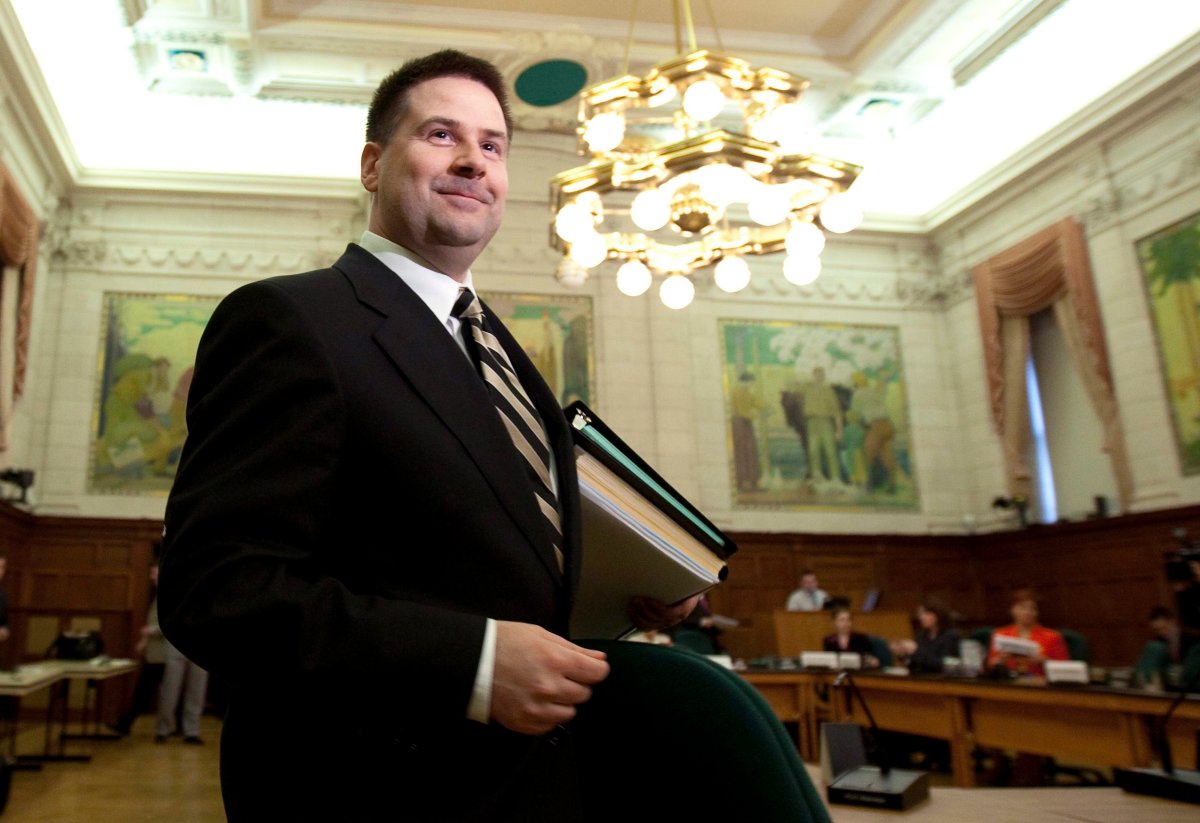OTTAWA – The NDP wants the Commissioner of Elections Canada to publicly answer questions about why Conservative Party lawyer Arthur Hamilton attended robocalls interviews.

In a letter sent to Commissioner Yves Cote Tuesday, NDP MP Craig Scott asks Cote to answer six specific questions about Hamilton’s presence in interviews with witnesses, all of them Conservative staffers.
“It just jumps off the page that there’s a potential ethical problem here,” Scott, critic for democratic and Parliamentary reform, said in an interview.
“What is (Hamilton) doing in the interview when he’s representing a third party? Who gave him permission?”
Neither Hamilton nor Elections Canada will clarify why Hamilton was present during the interviews.
The NDP is making the request following a Global News story last week. Transcript excerpts show Hamilton, who identifies himself as a Conservative Party lawyer, sat in on interviews and at times directed questions to witnesses. In an email obtained by Global News, one witness said his choice in the matter “wasn’t exercised.”
When reached by phone Tuesday, one of the Elections Canada investigators, Al Mathews, refused to answer questions about Hamilton.
“I’m not speaking to you, thank you,” he said, before hanging up.
In the letter, Scott asks for answers to questions regarding:
– justification for Hamilton’s presence in the interviews;
– what Elections Canada knew about the capacity in which Hamilton participated in the interviews;
– did the investigators believe Hamilton was there as a legal counsel for interviewees or as Conservative party counsel;
– did interviewees consent to Hamilton’s presence;
– did investigators consider potential conflict of interest;
– on what basis was Hamilton permitted in the interview to give directions.
“Canadians are troubled having learned about the process by which these interviews were conducted and the implications of Mr. Hamilton’s role in these interviews,” Scott writes to Cote.
“As this is a matter of major public importance and since responding to these questions will (in) no way reveal or affect the substance of the investigations, I trust you will be able to make the answer to these questions public.”
Scott said even if Hamilton was there as the witnesses’ lawyer, it could conflict with his work for the Conservatives as he could transmit information back to his client.
If the witnesses were unrepresented by counsel, that is also a problem, Scott said. He referred to the rules of professional conduct in the Law Society of Upper Canada – that lawyers must urge unrepresented clients to obtain independent counsel and make clear that the lawyer is acting exclusively in the interest of the client, in this case the Conservative Party of Canada.
“That rule is tailor-made for the worries and the dangers we see in this scenario,” said Scott.
Hamilton did not respond to a request for comment, but has previously said he is not the lawyer for the prosecution or the accused, Michael Sona, and it would be inappropriate to comment.
Court documents released last week allege Sona told “several” friends he was involved in making misleading calls directing Guelph voters to nonexistent polling stations. He maintains his innocence.
In an email, Conservative party spokesman Cory Hann did not answer specific questions about Hamilton.
He reiterated that the Conservatives reached out to Elections Canada in 2011 when they heard about wrongdoing in Guelph.
“We are pleased that Elections Canada’s work has progressed to this point,” wrote Hann.
“The Conservative Party of Canada ran a clean and ethical campaign and does not tolerate such activity. The Party was not involved with these calls and those that were will not play a role in any future campaign.”
An official who did not want to be named said one of the witnesses quoted in the transcript is physically unable to speak, and that is why Hamilton was speaking for him. The official did not explain if Hamilton was acting as the witness’s lawyer or why Hamilton was directing the questioning.
John Enright, a spokesman for Elections Canada, said the commissioner will not confirm or deny that a complaint has been received or that an investigation is underway.
He said an interviewee is not prevented from having legal counsel during an interview.



Comments